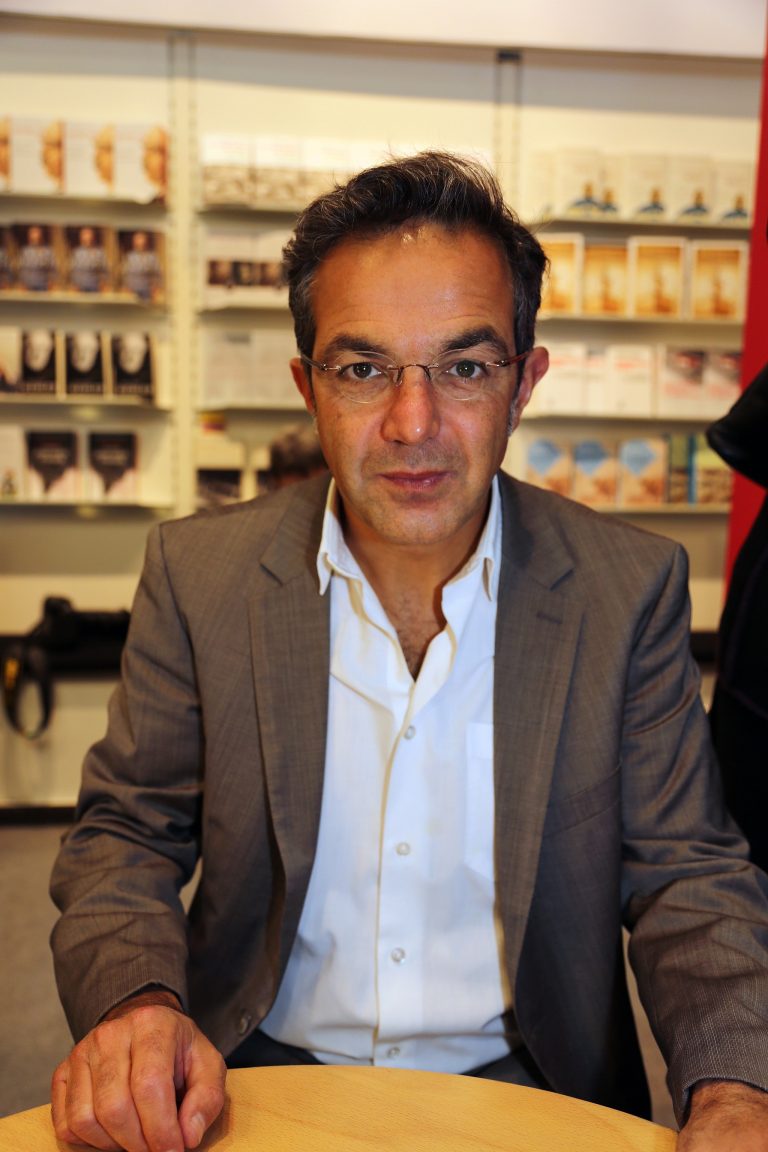
The Other
When Navid Kermani speaks, I listen. Few commentators have his breadth of perspective and depth of culture, not to mention his elegant style. In a recent article in Die Zeit, ostensibly about German troops’ withdrawal from Afghanistan, he argues for the rebooting of politics beyond demagogy and simple answers. There, must, he says, be a space between non-involvement and warfare. It should be the realm of politics, engaged to seek solutions in seemingly hopeless situations, to conquer indifference, to foster exchange and shared effort for good through clearheaded thinking, persistence, and patience. ‘Politics stands for an interest extending beyond one’s own sphere, embracing what is other, if only for the simple, selfish reason that we cannot keep our prosperity and peace as long as suffering and violence reign elsewhere in the world. The other then becomes our own in the form of refugees, attacks, and terrifying prospects, the effort to sustain which destroy our soul and the civility of our commonwealth.’
